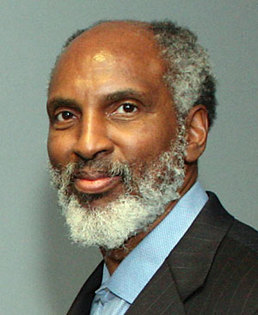 john a. powell
john a. powell The White terrorist who murdered nine innocent people massacred in Charleston, SC on June 17, 2015, justified his actions with this statement, which reveals nothing about his victims, but much about the murderer himself.
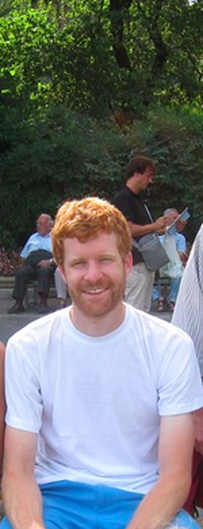
In America, White people like me have created a cultural belief that we can “save” Black people by teaching them how to become what is often called "productive members of society."
Underneath this belief (which you can see operating at various levels in schools, non-profits, and government agencies across the country) is the idea that Blackness is some sort of disease to be cured by Whiteness. (Coincidentally, check out the banner images from the Twitter account of the person who got the @risksomething handle before I did!)
But Blackness doesn't exist.
Blackness, along with Whiteness, is a deliberate invention. Race has no biological foundation. It was made up by ruling-class European Americans who wanted to figure out ways to divide poor European-Americans and poor African-Americans from coming together and rebelling against the ruling class.
The invention of Blackness allowed us to justify African enslavement and retain the loyalty of poor European-Americans.
Black people only became Black when White people looked at them.
If there is a disease associated with Blackness, it’s in our White eyes and how they perceive Blackness. The ocular disease that we call racism shows up in White people with three powerful symptoms.
- We have incredible difficulty seeing people of color as their true, complex, individual selves, as opposed to the racial caricatures we are taught. In isolation, this symptom would be treatable. We would simply have to be taught to compensate for our malfunction, like someone with a broken leg learns how to walk with crutches. However, the second symptom of racism is...
- Blindness to our own blindness. White people are trained to be unable to see that we bear the disease of racism. Most White people are aware that racism exists, but we desperately want to believe that it’s always somewhere else, instead of in the air we breathe and the thoughts we think. This is what makes racism so hard to treat in White people--we can’t seek treatment if the disease itself prevents us from understanding that we bear the disease (a condition known as anosognosia). Which leads to the third symptom...
- Racism convinces us that not only are we not blind when it comes to race, we are in fact race experts. This perspective (believing the opposite of what is true) is, to put it diplomatically, infuriating to everyone else.
As a White person infected with a full-blown case of racism, I used to operate under the unconscious assumption that I was a sort of “race doctor,” capable of diagnosing and treating people of color’s race problems. I thought that I was an objective, neutral observer of the disease of race.
So when I say, “Why is this Black person doing/saying that?”
I’d be better served to ask, “What does my discomfort/judgment/anger at what this Black person is doing show about my disease?”
And when I offer suggestions, such as, “Black people should do X instead of doing Y.”
I’ll make more progress to help Black people by asking myself, “Why is my disease telling me I know what’s best for Black people when I have no idea what it’s like to be Black?”
Yet collective White judgments about Black people have vast power over the lives of those people--through our systems of legislation, policing, housing, and more. When diseased White eyes look at Trayvon or Eric or Aiyana or Mike in their Blackness and see them as animals and/or criminals, they end up not only dead, but indicted for their own murders while their killers walk free--forgiven and justified by our American institutions.
So as a White person seeking to be part of the long arc of racial justice in America, I must commit to making sure I'm paying closer attention to my racial "reaction video" than I am to the behavior of people of color. How do I feel in racially-charged situations? How does my disease respond?
As a White person, I am needed in the movement for Black lives. One of the most valuable contributions I can make is gaining control of my Whiteness for the first time. By mustering the courage to look in the mirror and diagnose myself, I take control over my body and my mind, which I now see have never been mine alone, but unknowingly shared with a silent, vicious host.
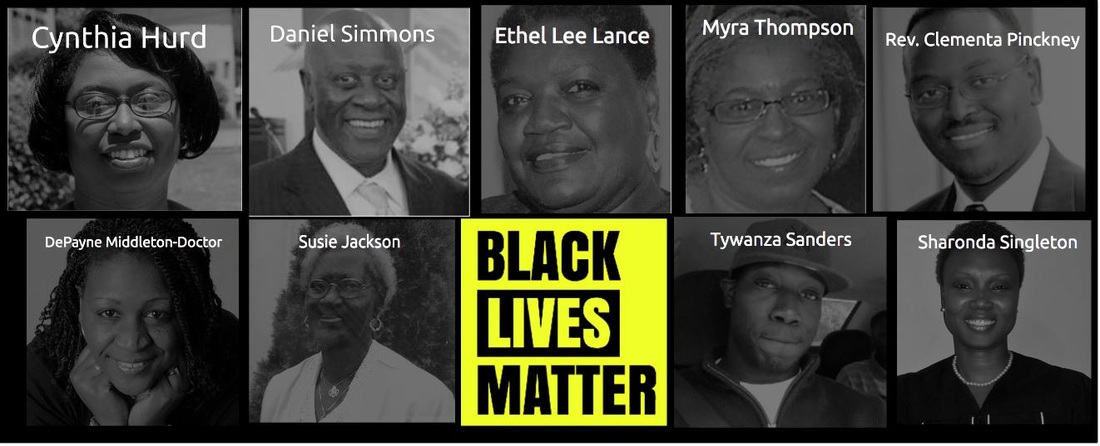
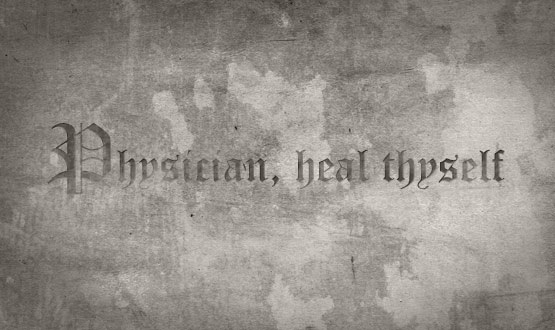



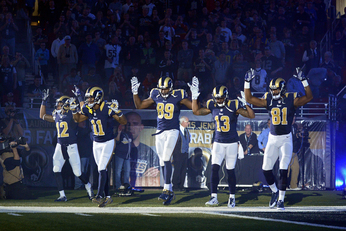
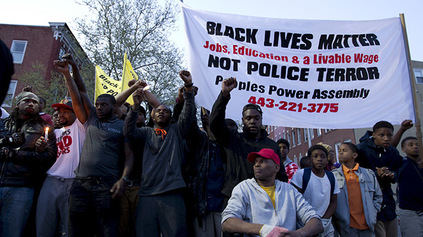
 RSS Feed
RSS Feed